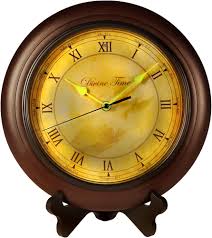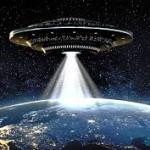The End of the Timeless God?
The book is by one R. T. Mullins. The title is The End of the Timeless God. It was published by Oxford University Press in 2016. It’s expensive. I obtained a copy to read through ILL via my local library.
“In this book I argue and conclude that the Christian God cannot be timeless. I also argue and conclude that there is no such thing as a third way between atemporality and temporality. My arguments leave us with the conclusion that God is temporal. … Divine timelessness has a long run in Church history, but it is time to bury it and move on. We should not mourn its passing. It shall not be missed.” (209) Thus the ultimate paragraph of the book.
Now this book is an exercise in “analytical theology,” a type of philosophical theology that uses logic to critique doctrines and sometimes propose alternatives. The book is dense; it uses much modal logic. However, its basic argument is easy to perceive if one focuses on summarizing passages. All of the steps to the conclusion are difficult even for me to follow.
However, I discern that the book does not really add much in the way of reasons to Nicholas Wolterstorff’s essay “God Everlasting” (included in two or three edited collections of essays including God and the Good edited by Clifton Orlebeke and Lewis Smedes). I believe Wolterstorff’s argument, which is much easier to follow, is definitive and conclusive. The God of the Bible CANNOT be atemporal. (The book does not refer to Wolterstorff’s essay and it is not in the bibliography, something I find surprising as that was/is a landmark essay on the subject.)
The key argument of both Wolterstorff’s essay and this book is that an atemporal, “timeless God,” a God who exists “outside of time,” cannot even know events in time and certainly cannot interact with temporal creatures. The logic is inexorable; it cannot be refuted. Mullins devastates, with logical analysis, any idea that God can be both temporal and atemporal/timeless.
The book is well worth struggling through if you are a theology nerd like I am. I had to skim many pages filled with modal logical steps, but the fundamental argument was clear and convincing.
Mullins barely touches on open theism. I wish he had done more with it. It’s hard to tell what he thinks of it. But, of course, IF one concludes with Mullins (and Wolterstorff and many other analytical theologians) that God must be temporal, open theism is at the very least on the horizon.
I began my nearly life-long journey, what Mullins calls a “research project,” in the doctrine of God with Robert Jenson’s amazing book God After God. I’ve talked about that book here before. It opened the “eyes of my mind” to the fact that one could be a respectable Christian thinker and deny the hoary doctrine of God’s timelessness. I’ve journeyed from there through: Nelson Pike, Eberhard Juengel, Juergen Moltmann, Wolfhart Pannenberg, Emil Brunner and many, many more theologians and philosophers since then.
I agree with Mullins that it’s time to bury the idea of God’s timelessness and embrace God as temporal. Divine timelessness serves no function in Christian living and pays no compliment to God.
*If you choose to comment, make sure your comment is relatively brief (no more than 100 words), on topic, addressed to me, civil and respectful (not hostile or argumentative), and devoid of pictures or links.*














